Bartosh Family History & Genealogy
Bartosh Last Name History & Origin
AddHistory
We don't have any information on the history of the Bartosh name. Have information to share?
Name Origin
We don't have any information on the origins of the Bartosh name. Have information to share?
Spellings & Pronunciations
We don't have any alternate spellings or pronunciation information on the Bartosh name. Have information to share?
Nationality & Ethnicity
We don't have any information on the nationality / ethnicity of the Bartosh name. Have information to share?
Famous People named Bartosh
Are there famous people from the Bartosh family? Share their story.
Early Bartoshes
These are the earliest records we have of the Bartosh family.
Bartosh Family Photos
Discover Bartosh family photos shared by the community. These photos contain people and places related to the Bartosh last name.

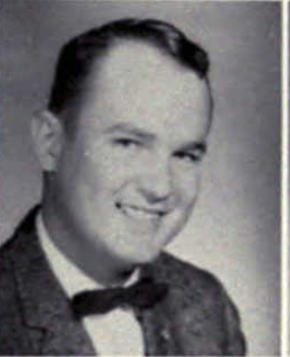

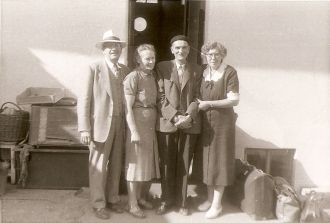
People in photo include: Anna (Jerabeck) Bartosh

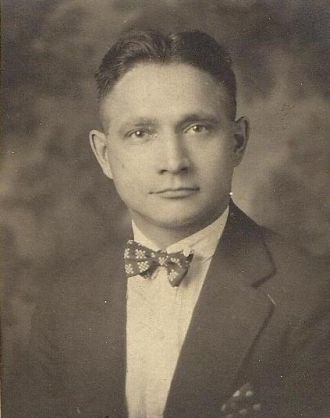
Bartosh Family Tree
Discover the most common names, oldest records and life expectancy of people with the last name Bartosh.
Updated Bartosh Biographies

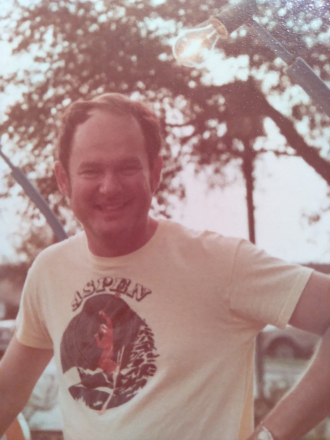



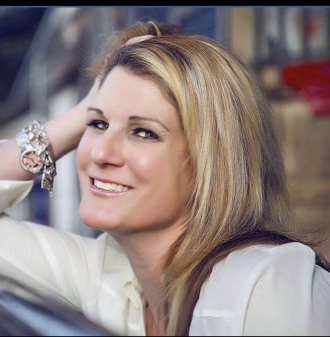
Popular Bartosh Biographies







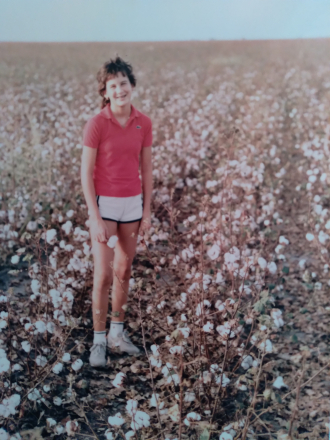


Bartosh Death Records & Life Expectancy
The average age of a Bartosh family member is 76.0 years old according to our database of 505 people with the last name Bartosh that have a birth and death date listed.
Life Expectancy
Oldest Bartoshes
These are the longest-lived members of the Bartosh family on AncientFaces.
Other Bartosh Records
Share memories about your Bartosh family
Leave comments and ask questions related to the Bartosh family.
 DebbieBartosh Rodriguez
DebbieBartosh Rodriguez Followers & Sources



Richard Bartosh said he was from the kingdom of Bohemia; Moravia was also a kingdom next to Bohemia, and they were often referred to as Bohemia-Moravia. The European Bartoš family didn't live in a city; they lived in the countryside near Stity, Czechoslovakia. Their homestead was a stone house, somewhat like a California ranch-style, and it had a creek running through their land quite close to their house. They had quite a bit of land because they backed up to a large estate that had been left to a son who needed money occasionally, and who sold parcels to the Bartoš family. Selling land was considered a disgrace - all of it belonged to somebody, and there was no land to be had like there was in the United States. Once you sold your land, your holdings were diminished forever.
Apparently Bartoš is a very common name in that area. The area was the first to be taken over by armies because it had a triangular group of mountains that made defense very easy. Conquerors usually imposed their religions on the people they conquered, with many people going into Hungary to avoid it. The area changed hands many times, and the residents who stayed must have resigned themselves to their fate.
With eight boys in the Bartoš family and only the eldest to inherit the land, each of the others was required to choose a profession into which to be apprenticed. Richard wanted to be a butcher, but his parents said he should be a tailor because all tailors were short (he was 5'5"). His brother, Joe, was sent to learn to be a butcher. It is believed that there was one girl in the family, and she may have died at a fairly young age.
Richard was sent away from home at the age of 12 to be apprenticed to a tailor in Vienna. There he joined a gymnastics club where he specialized in the "horse." (In later years, he would put two chairs together and with his hands on the chairs, lift his legs parallel to the floor, just to see if he could still do it.) The wife of the tailor was very good to him, and he believed she saved his life once when he was very ill with diphtheria.
The war in Europe was taking a toll on its young men. Richard’s mother had already sent several of her "boys" to the Kaiser's army, and she decided that was enough! She purchased passage for him to sail to America and sent him off on a horse with the equivalent of $20. As he was leaving, he knew exactly where he was going. His papers were pinned to his coat so he could be sent in the proper direction, since he probably wouldn't be able to make himself understood. He traveled steerage, which was the least expensive, and he was terribly seasick all the way. Those traveling steerage were given one orange and one hard-boiled egg each day. Richard couldn't stomach the orange but the hard-boiled egg stayed down, so he traded his orange for the hard-boiled egg of another young man who liked the oranges better. He felt he might have died otherwise.
During the crossing his name was repeatedly called to report to officials as he was being drafted into the war. As he left the ship, he told the captain, “I cannot leave without telling you — I am Richard Bartosh, the man you have been calling for during the crossing.” The captain looked at him and said, “There is the exit — I never saw you.”
Upon his arrival at Ellis Island in New York, Richard had the names of two tailors to whom he could be apprenticed: one in Eau Claire, Wisconsin, and one in Houston, Texas. The decision was an easy one: he had only enough money to purchase transportation to Eau Claire. He met and married Hanna Auer, an immigrant from Switzerland, in 1918. They had four children together: Richardis Ruth (1918), Walter Richard (1921), Carl Joseph (1924), and Harriet Katherine (1925 - 1994). He opened American Cleaners and Tailors in Eau Claire, eventually changing the name to Bartosh Cleaners, and passing it along to his son, Carl, upon his death in 1955.
Richard's brother, Joseph Bartosh, also immigrated to Eau Claire. To get to America, he stowed away on a ship but was discovered part of the way over and was put off the ship in Nicaragua. Richard sent him money so he could get to Eau Claire. Joe met his future wife, Anna, at Richard’s tailor shop where she worked. Ann and Joe had two sons: Charles and Frank. Joe worked as an orderly at Sacred Heart Hospital in Eau Claire.